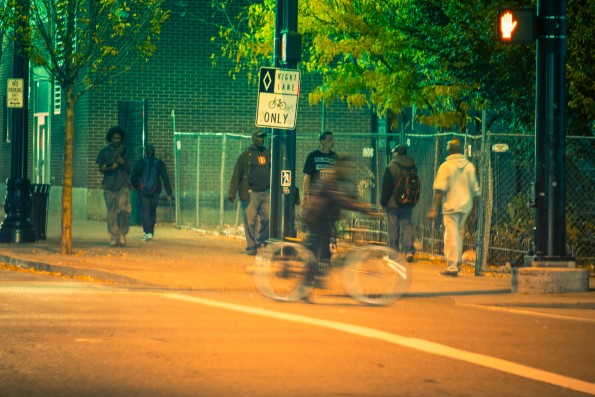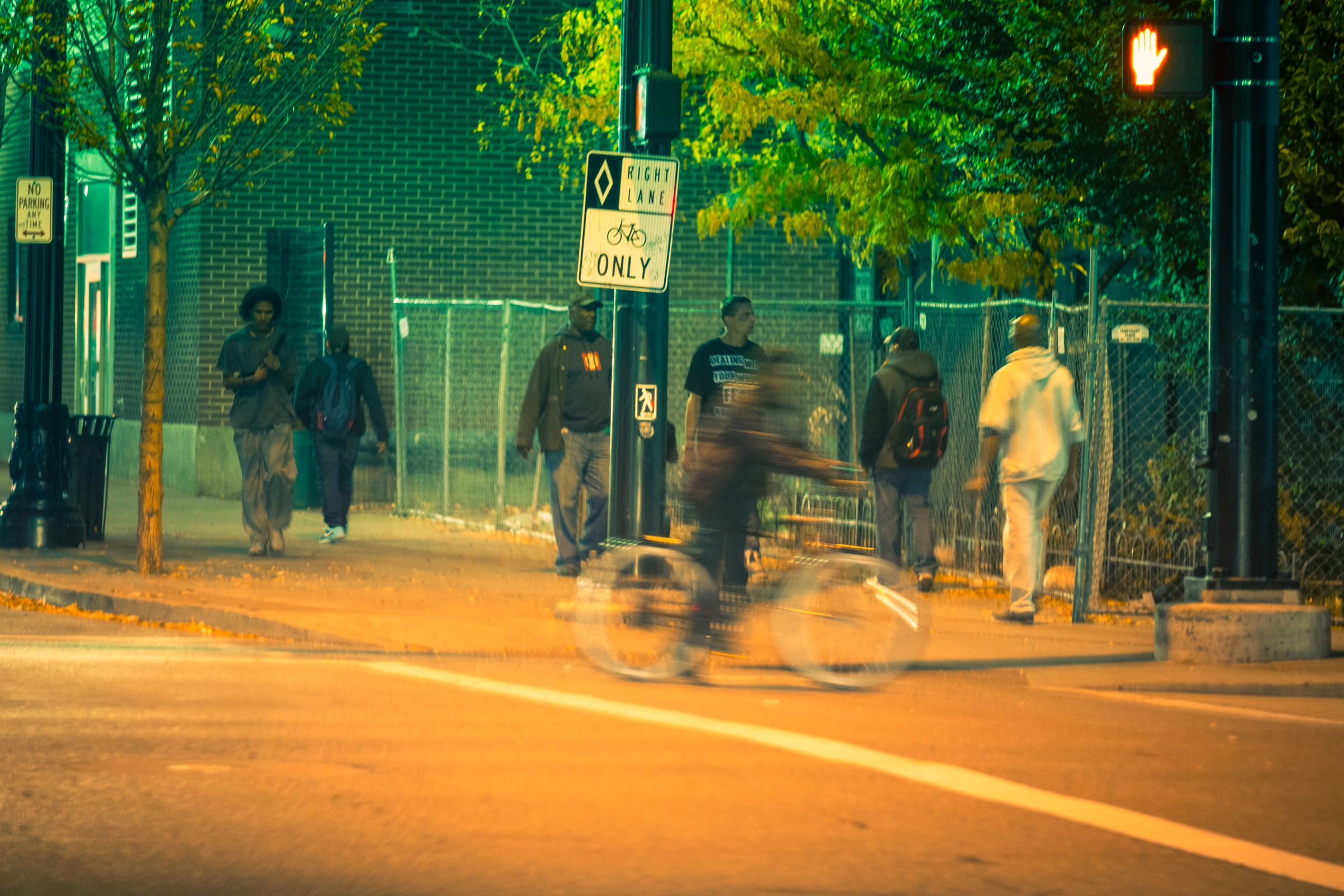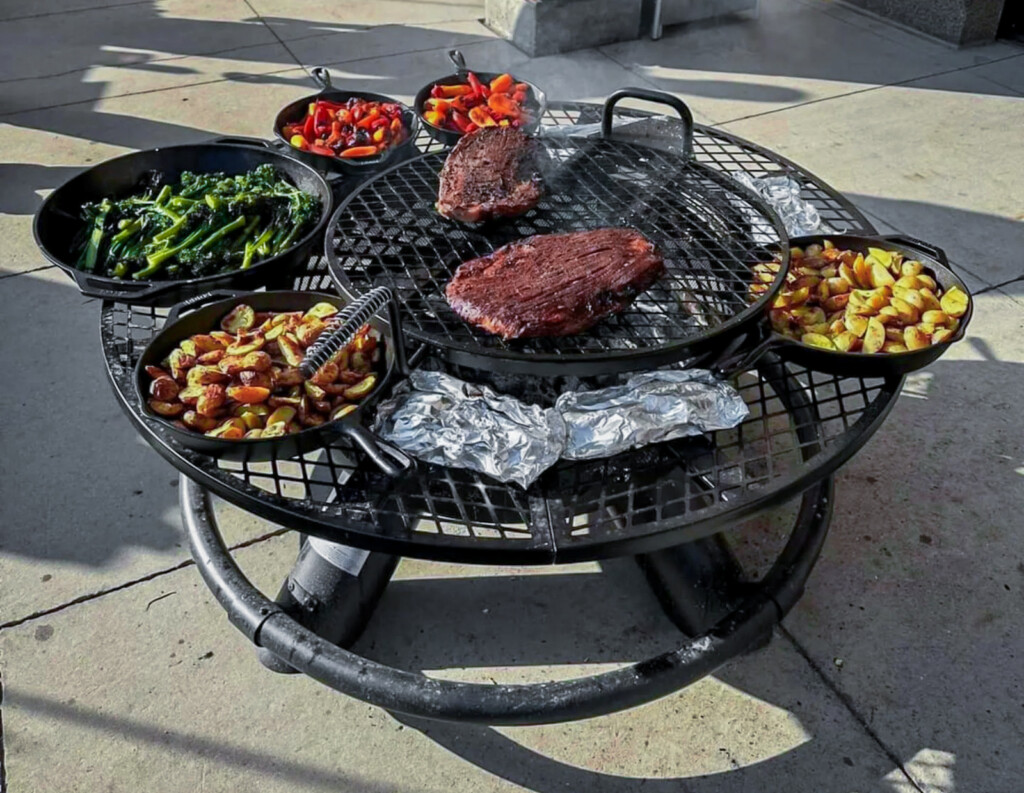
Utah has been in the news recently for the historically conservative state’s surprisingly liberal approach to solving their homelessness problems: the state’s government has been providing homeless people with permanent housing.
Through the program Housing First, Utah places chronically homeless people, meaning people who have been without a home for at least a year or who had been homeless more than four times in three years, in government-funded homes. Even if these individuals are dealing with current drug addictions or are unemployed, they are able to stay in these homes.
This is starkly different from the methods traditionally used to assist the chronically homeless:typically, they are to be given a transitional place to live, they are required to completely overcome their addictions and/or find stable employment before they are given permanent housing. Some people are able to successfully turn their lives around and qualify for the permanent housing, but the majority of homeless people have to be in and out of treatment/hospitals and are unable to find permanent work.
Housing First has found that when chronically homeless people are put into permanent homes before they have overcome problems like addiction or unemployment, they are actually much more likely to find long-term success.
In Utah’s first attempt at the Housing First program, 17 chronically homeless individuals were provided with homes in Salt Lake City. According to a report by The New Yorker, after 22 months, none of these people had ended up back on the streets. As Nan Roman, president and CEO of the National Alliance for Homelessness, told The New Yorker for this report, “If you move people into permanent supportive housing first, and then give them help, it seems to work better…It’s intuitive, in a way. People do better when they have stability.”
Though it may initially seem more expensive to provide homes for homeless people rather than place them in temporary shelters, the Housing First program is actually much more cost effective. A study conducted in 2014 at the University of North Carolina Charlotte proved that Housing First saved Moore Place, a housing facility for chronically homeless adults, a dramatic amount of money.
According to The Huffington Post, in the study’s first year, tenants saved “saved $1.8 million in health care costs, with 447 fewer emergency room visits (a 78% reduction) and 372 fewer days in the hospital (a 79% reduction).” The study also found that after adopting the Housing First style of treatment, there was a 78% decrease in arrests, as well as a 84% decrease in number of days spent in jail.
A study conducted from 2005 to 2007 in Seattle showed very similar results. Researchers documented that at the beginning of the study, the Housing First participants, on average, had total living costs of $4,066 per person per month. After six and twelve months into the Housing First program, the average monthly cost per person decreased to $1,492 and then $958, respectively.
The state of Utah also saw a significant reduction in costs once they adopted the Housing First program for helping the chronically homeless: according to The New Yorker, to help the chronically homeless costs, on average, $20,000 a year per person in Utah. Using this Housing First, it costs, on average, $8,000 a year in Utah and this is after factoring in the cost of a case worker to help the individual adjust to their new living arrangements. These figures make it pretty difficult for even the most conservative states to argue against providing permanent housing to the chronically homeless.
It’s impossible to deny the results: not only has Housing First helped Utah save an immense amount of money, but it has reduced the state’s chronic homeless population by 74% in just ten years. Utah’s ultimate goal to completely eliminate homelessness by the end of 2015 may have once seemed impossible, but the state’s huge strides thus far, thanks to the Housing First program, have made many believe that they’ll attain this goal.
Sources:
http://www.newyorker.com/magazine/2014/09/22/homefree
http://www.huffingtonpost.com/2014/03/25/housingfirsthomelesscharlotte_n_5022628.html






